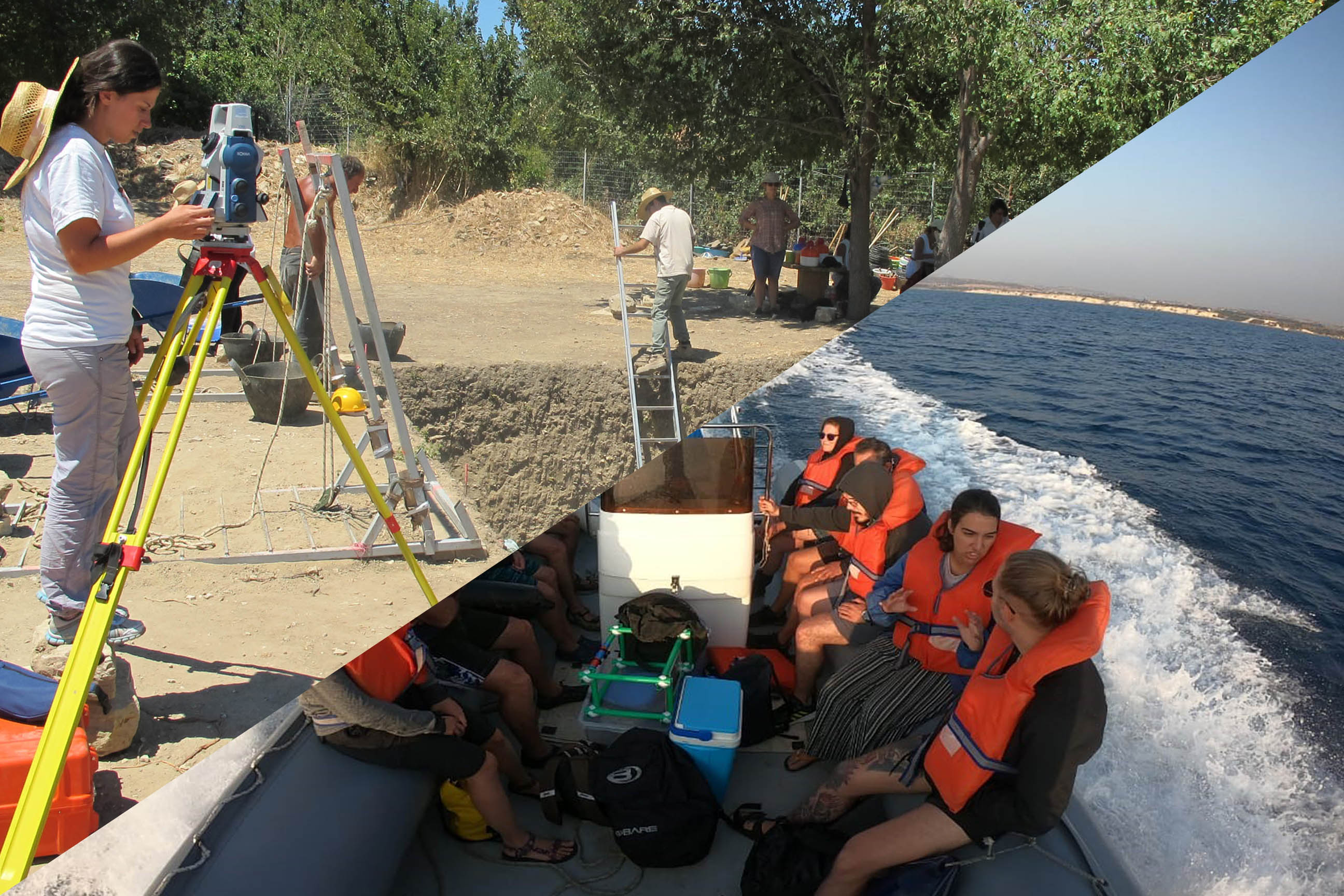 |
Welcome to the Archaeological Research Unit (ARU) of the University of Cyprus, the first research unit of this academic institution! ARU was founded in 1991 by decree of the Government of the Republic of Cyprus, following the issuing of the relative legislation by the House of Representatives. Its primary aims were to conduct active research and to teach the ancient culture of Cyprus and neighbouring civilisations in the Mediterranean. |
|
|
ARU ACHIEVEMENTS AND VISION
|
||
| International reputation: | ||
 |
In the course of the past 30 years following its foundation, ARU has achieved a compelling score in the QS World University Rankings by subject, ranked in the 101-150 top Universities in Archaeology in 2019 and 2020, attesting to the staff’s reputation in teaching and research. Through the coordination of EU- and state-funded innovative research projects, the participation of its members in international conferences and the organisation of research workshops and congresses in Cyprus and abroad, ARU continues to contribute actively to the archaeology of the Mediterranean world, engage closely in relevant debates with the archaeological community overseas, and develop international networks.
|
|
| Research quality: | ||
 |
Archaeology at the ARU is an inherently multidisciplinary and interdisciplinary field, embracing both the humanistic and scientific aspects of our research, from archaeological theory and interpretative models, to field projects, laboratory analyses and digital applications. ARU is active in research and publication, which include the exploration of prehistoric and historical landscapes, material culture and art in Cyprus and abroad, as well as heritage studies on land and under the sea. ARU is also home to a number of promising postdoctoral researchers, who, together with the academic staff, carry out outstanding research, supported through national and EU funding, that embroils us in conversation with multiple disciplines.
|
|
| Teaching strengths: | ||
 |
The employment of interdisciplinary approaches in research and contemporary methods in research-led teaching qualify our students in advancing their skills and following their own pathways. Teaching covers all periods, from early prehistory to early modern times, as well as aspects of material and visual culture, landscape archaeology, archaeological sciences and, more recently, digital archaeology. Our students engage with hands-on learning through archaeological artefacts, field and lab-based projects, and attend seminars/tutorials and course-lectures, (a) acquiring all the necessary practical skills and theoretical sophistication in the framework of our study programmes, and (b) developing flexibly their own interests.
|
|
| Public outreach: | ||
 |
From its foundation in 1991 to 2020, ARU has organised 60 international conferences, while its staff has published the proceedings of 22 scientific meetings held at the ARU. Members of the Unit have also been working continuously towards the dissemination of their scientific work to the wider public through their annual participation in the Researcher’s Night and several community-archaeology days, and the making of archaeological documentaries. Finally, ARU has been running its long-established Public Lecture Series for the archaeological community and the public every teaching semester since 1993, while the introduction of ZOOM in 2020 promoted our Series into an international, weekly, live and online archaeological forum.
|
|
| Internal and external support: | ||
 |
The Rectorate authorities have always been supporting both financially and morally the research carried out under the auspices of the Unit. The A.G. Leventis Foundation has been granting continuous financial support towards archaeological research, and has generously offered to the University of Cyprus a magnificent neoclassicising mansion (on 12 Gladstone Street) to accommodate the academic staff of the Unit and its important archaeological library. ARU has also been closely collaborating with the Department of Antiquities of the Republic of Cyprus. Last but not least, the Sylvia Ioannou Foundation has generously endowed our new ‘Chair in Digital Humanities’. Its first incumbent, Prof. Apostolos Sarris, joined us in August 2019.
|
|
|
Athanasios K. Vionis
ARU Director
|
||

